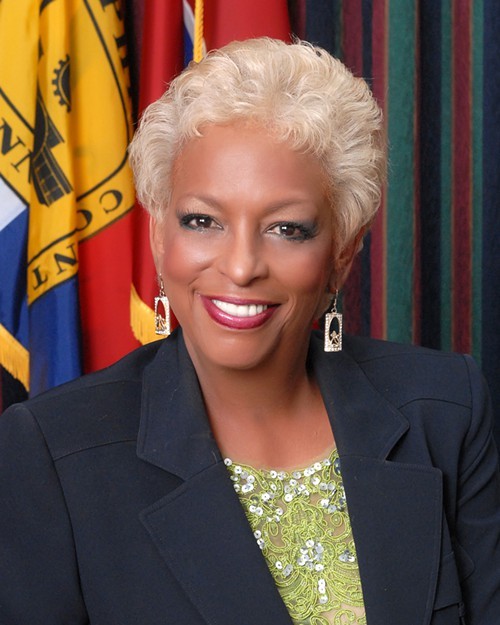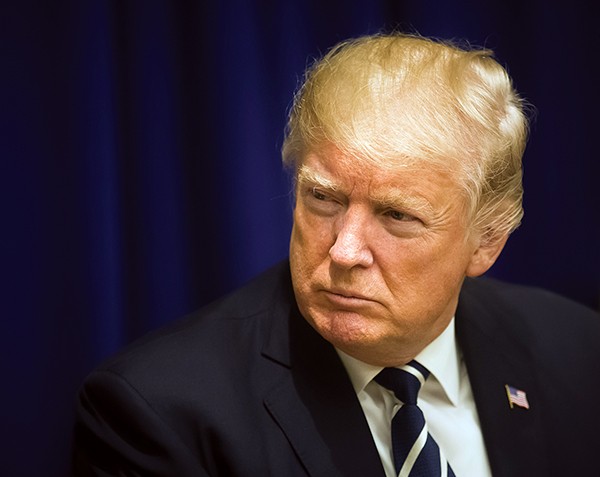The Flyer does not endorse candidates, but we hope you’ll use the following thumbnail sketches for an assortment of county races as something of a guide.
Assessor — SCS auditor Melvin Burgess, a Democrat, has proved his merit in two terms as a county commissioner, but the experienced Republican nominee Robert “Chip” Trouy has been a strong right arm for outgoing assessor Cheyenne Johnson and previous holders of the office.
County Clerk — Democrat Wanda Halbert is the virtual definition of an experienced public official, having served both on the now-defunct Memphis School Board and on the Memphis City Council. Republican opponent Donna Creson possibly owed some of her primary vote to name confusion with former clerk Jayne Creson, but has experience in the clerk’s office.
Trustee — Democrat Regina Morrison Newman, who served a partial term as trustee and won awards for her creditable service, was upset for the office in 2010 by David Lenoir, now the Republican candidate for county mayor. The case she makes for a return is probably strong enough to overcome the Republican candidate, County Commissioner George Chism.
Criminal Court Clerk — Democrat Heidi Kuhn is a veteran of several positions in Shelby County government and would doubtless serve ably in this one. She is matched against Richard De Saussure, the Republican incumbent, whose past experience in the office has prepared him well.
Circuit Court Clerk — Changes in the county charter are forcing longtime Register of Deeds Tom Leatherwood, among other incumbents, to consider transitioning to other offices to maintain their careers (and retirement equity). Republican Leatherwood was widely appreciated as register. Democrat Temika Gipson can cite the advantage of her ample experience as an administrator in the Circuit Court clerk’s office.
Register of Deeds — Republican nominee Wayne Mashburn, term-limited after serving two terms as county clerk, a position also held for many years by his father, is presumably well-equipped to replace Leatherwood as Register. His Democratic opponent, Shelandra Ford, has several years of service in county government, but her main hope may be the surviving cachet of her last name, though she is not a member of the political Ford clan.
Probate Court Clerk — Republican Chris Thomas, who served 16 years as probate clerk, famously took a powder in 2010, fearing a Democratic sweep that never occurred, and ran instead for county commission. After serving nearly two terms, he seeks a return to his old job. Standing in his way is Democrat Bill Morrison, who is leaving the Memphis City Council. Independent Jennings Bernard could be a spoiler.
Juvenile Court Clerk — The decision by previous clerk Joy Touliatos to make a mayoral run opened up the position for a newcomer. Vying are Democrat Janis Fullilove, departing the Memphis City Council after a long and often controversial tenure, and the Republican nominee, Bartlett alderman Bobby Simmons, who boasts a lengthy period of service in the sheriff’s office.


 Palinchak | Dreamstime
Palinchak | Dreamstime 
 Tennessee Hemp Industry Association
Tennessee Hemp Industry Association 